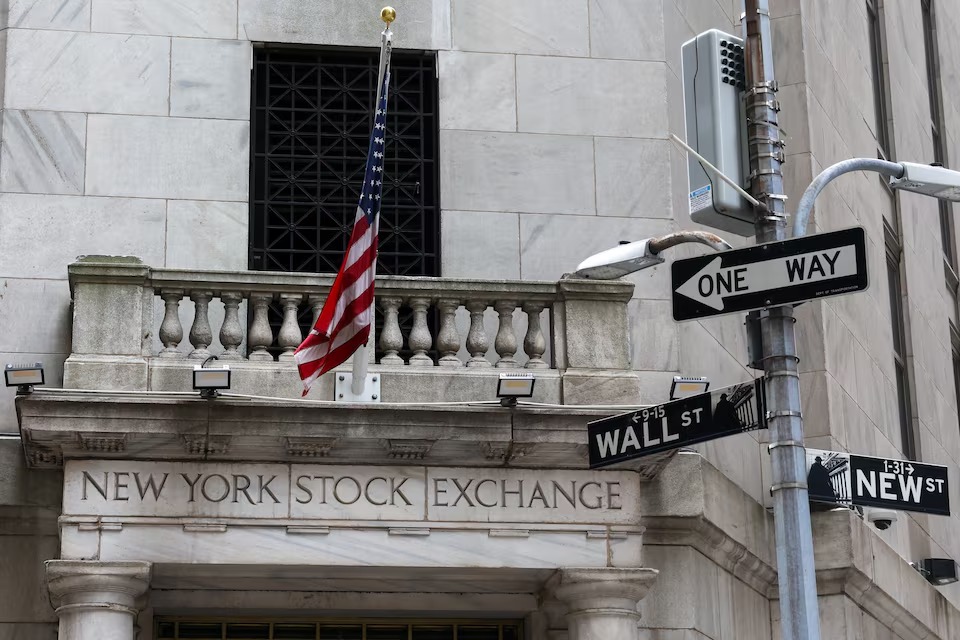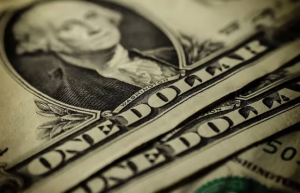Major stock indexes and the dollar eased on Friday after U.S. President Donald Trump unleashed his latest trade threats, recommending 50% tariffs on European Union imports from June 1 and considering a 25% tariff on any Apple iPhones made outside the U.S. Shares of Apple (AAPL.O), opens new tab ended 3% lower, while the three major U.S. stock indexes finished weaker but off session lows. European shares also ended lower. The Reuters Tariff Watch newsletter is your daily guide to the latest global trade and tariff news. Sign up here. Advertisement · Scroll to continue
Report This Ad The dollar index , which measures the greenback against a basket of currencies, hit a three-week trough. For the week, the dollar was down 1.9%, on track for its biggest weekly percentage decline since early April. The dollar sank 1% versus the Japanese yen , while the euro rose 0.8% against the dollar. Government bonds in the United States and Europe climbed on safe-haven buying after sustaining heavy pressure this week from rising concerns about Trump's tax cuts and the White House's ballooning debt pile. Trump said in a post on his Truth Social network: "The European Union, which was formed for the primary purpose of taking advantage of the United States on TRADE, has been very difficult to deal with." Advertisement · Scroll to continue
Report This Ad This was the latest event in a jittery week for global markets after Moody's downgraded the U.S. credit rating late last Friday and the U.S. House of Representatives narrowly approved Trump's sweeping tax cuts on Thursday. The new tax-cut bill is expected to add almost $4 trillion to the U.S. federal government's $36 trillion debt pile. "Tariffs are back at the forefront," said Oliver Pursche, senior vice president and advisor for Wealthspire Advisors in Westport, Connecticut. "I think the 25% tariffs on iPhones and Apple was a little bit of a surprise. It seemed like there was going to be an exemption there, and the market is reacting more to that than the EU news, and is interpreting that as a hardening of the stance by President Trump and the administration as opposed to seeking a negotiating path."












